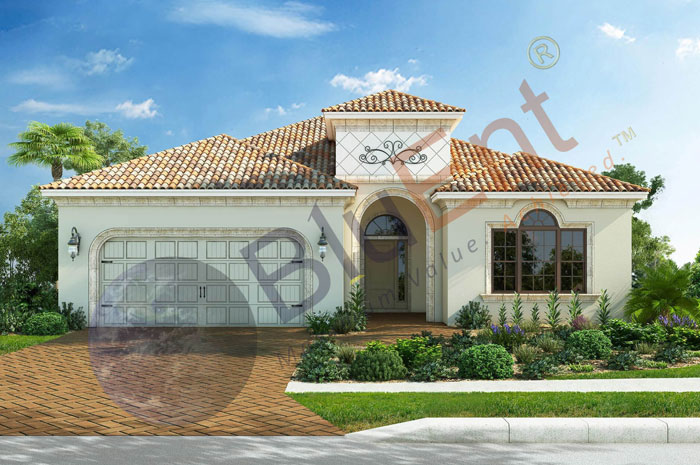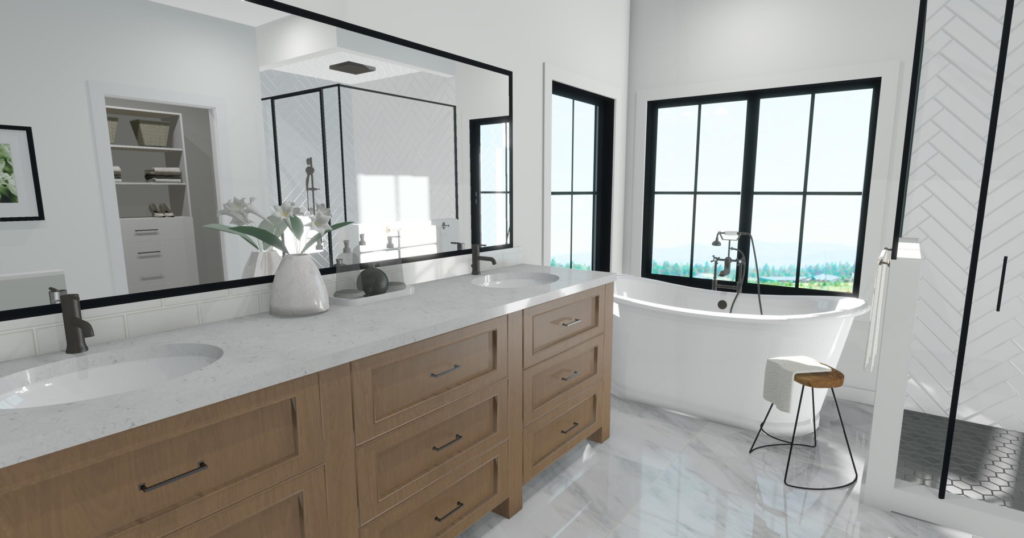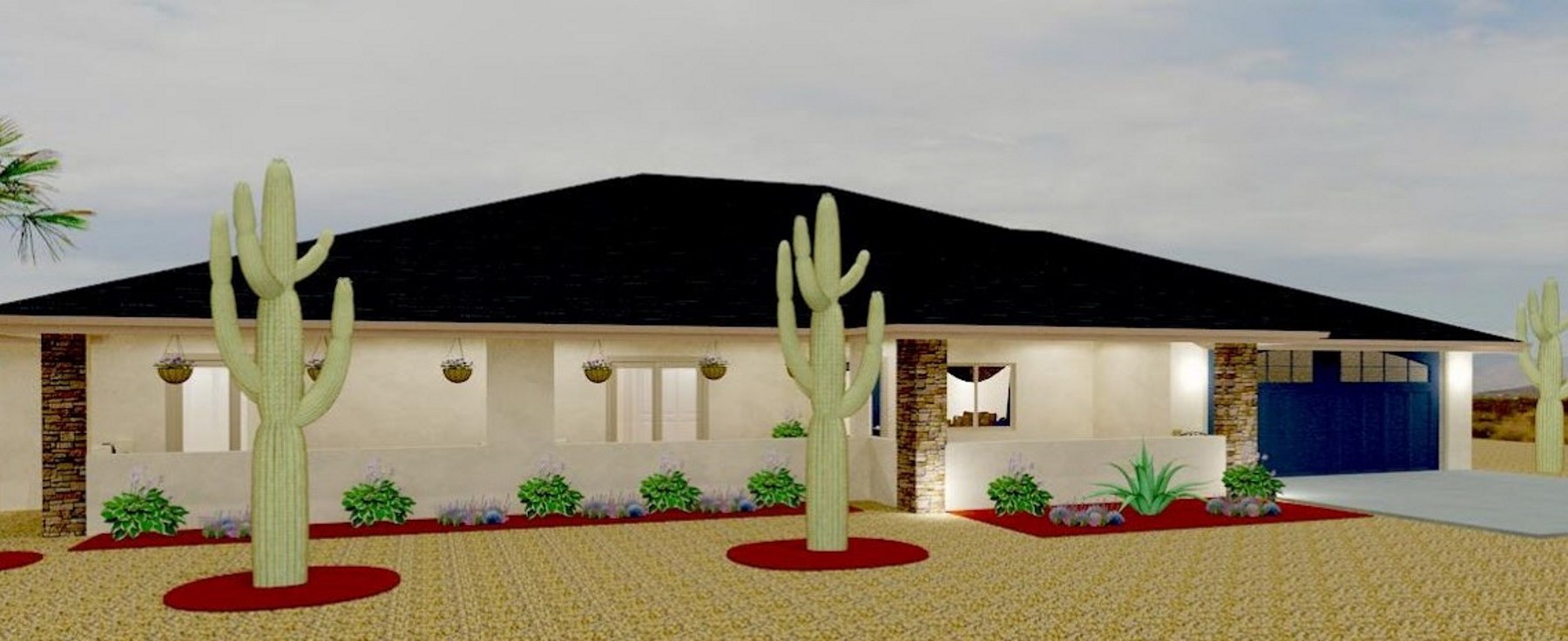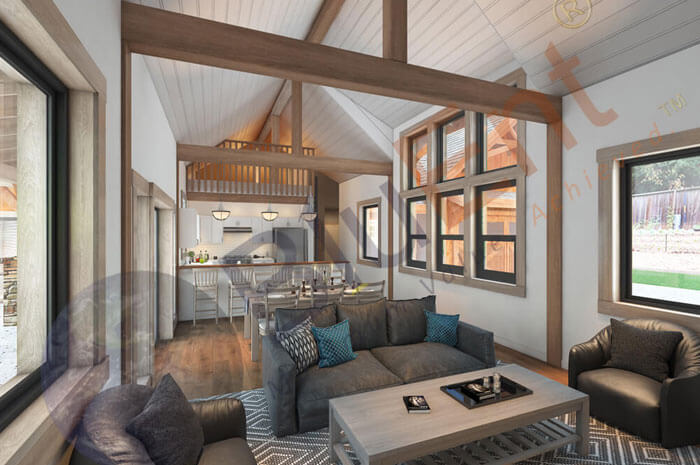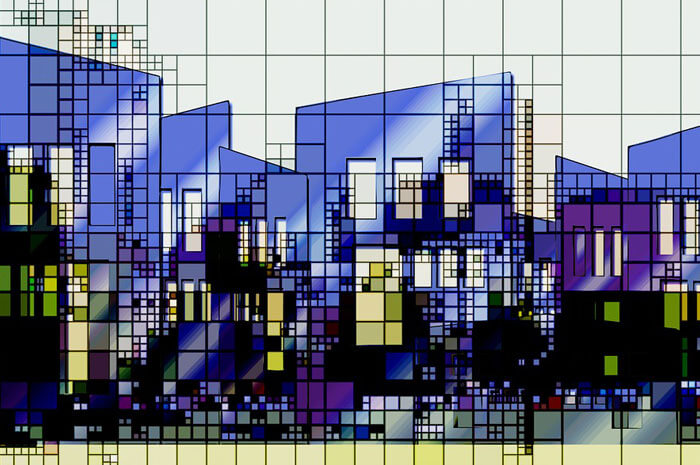As the AEC industry becomes more competitive and the market continues to change, taking advantage of architecture industry trends will be valuable to homebuilders, real estate developers, large architectural and engineering companies, home design companies, and more.
Introduction Let’s start with the subject on everyone’s mind: There are many architectural trends that were circulating in the AEC industry even before the pandemic. COVID-19 only happened to accelerate them. For example, according to designer Wendy Labrum, cookie-cutter open floor plans had already been declining in popularity in recent years. The pandemic merely pushed that trend further. With that in mind, let’s take a look at the architecture industry trends you can expect to see both currently and in the near future. Many of them will revolve around the issues of population explosion, climate change, future pandemics, and sustainability. By understanding these trends, architecture, engineering and construction companies will be able to better prepare for future projects. (To keep up with architectural trends, follow this handy guide.) The Latest Architectural Trends 1. Sustainable Architecture According to the World Green Building Council, 39% of global carbon emissions can be attributed to buildings. 28% is due to operations such as cooling, lighting and heating, and 11% is due to the construction process itself. This is why there is – and will continue to be – a major shift in AEC towards sustainable architectural practices, including low-footprint and energy-efficient solutions. One such practice is the use of power plants. Power plants are among the worst parts of modern architecture, and use up many resources. Architects and engineers are attempting to give these sprawling facilities a green makeover. One way is to cover the facilities with corrugated creepers. The sheath of creepers may absorb carbon emissions. Furthermore, manufacturing companies will need to be on board with international actions such as the SBTi initiative to help “decarbonize” the construction and architecture market. 2. Fewer Open Plans This concept was already losing steam among architecture industry trends before the global pandemic. Now, with a shift towards working from home, the idea of an open floor plan can seem anxiety inducing, unhygienic and un-private. People are wanting spaces that create a physical (and mental) barrier between work, play and hobbies. Your CAD drafting company will need to understand this thoroughly. However, spaces will likely retain a certain fluidity; they will not be claustrophobic and rigid. Strategic sight lines and windows will be key to this new look.
3. Invisible Architecture This is not a new trend in architecture, but it is certainly an interesting one, and one that may gather steam. Invisible architecture is one answer to the shrinking amount of space in cities and towns. The idea is for buildings to blend in with their surroundings, becoming hard to see or near invisible. Architectural 3D modeling can help you visualize such structures before they are built. Examples of invisible architecture include the Glass House by Santambrogio Milano Group and the Optical Glass House by Hiroshi Nakamura. 4. 3D Printing For Construction The future is 3D printing for construction. While 3D printing emerged decades ago, its vast potential for construction and interiors has been realized relatively recently. With 3D printing becoming more affordable, it is being applied more liberally in the AEC industry. Construction 3D printers can not only print construction components, but whole buildings. This incredible architectural trend will lead to reduced waste, greater sustainability, faster constructions, and even reduced worker injury. A way to enhance this further is photorealistic 3D rendering. 5. A Shift Towards the Suburbs – While Retaining Urban Roots In the US, many millennials want to shift to the suburbs and live in a house instead of an apartment. This might encourage interest in the “McMansion”, says architect Charles Hilton. (Talk about unexpected architecture industry trends.) However, expects are predicting an urban aesthetic in these suburban houses, especially those inhabited by erstwhile city-dwellers. This will help retain city roots, and include elements such as aged brass and modern art.
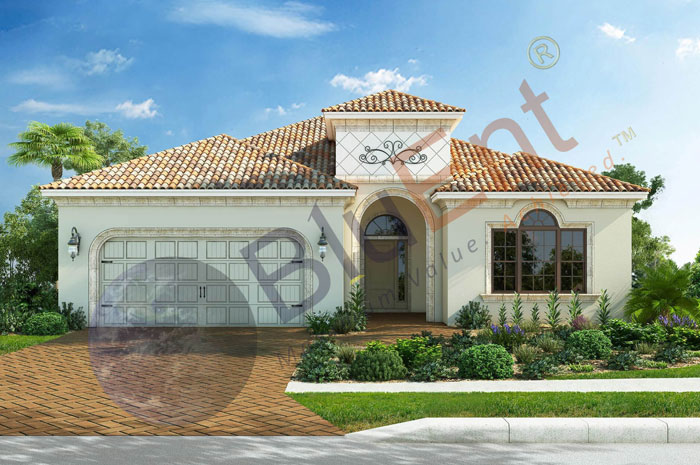
Exterior rendering by BluEntCAD 6. A Zen State of Mind You’ve heard of home gyms – now get ready for wellness rooms. These will include saunas, steam rooms, meditation rooms, and barre or yoga studios. Clients are wanting spaces to relax or reflect after a hard day’s work. Hence, the spaces will also include a pleasing, calming aesthetic.
7. Mobile Access and Remote Work Sites A solution to greater worksite access is mobile application development. This will allow or enhance real-time inspections, accurate measurements, and on-site accountability. Furthermore, the use of screen sharing tools will allow virtual meetings to take place so that construction projects can continue seamlessly. If we are to live in a world where pandemics are increasingly common, we need to learn how to adapt to a lack of physical contact or access to teammates, materials and spaces. Going forward, companies without mobile connectivity, whether it comes to apps or software products, will be at a major disadvantage. Conclusion Are there some major architecture industry trends you think construction and architecture companies will need to follow? Let us know in the comments! If you want to stay ahead of your competitors, the right architectural 3D rendering, CAD drafting, and VR will help you incorporate the latest architectural trends Check out BluEntCAD’s portfolio to see how we’ve helped other businesses like yours. We’ve been operating since 2003 and have already served most of the US’ largest homebuilders. Ready to make your project a success with ? Contact us now!,

